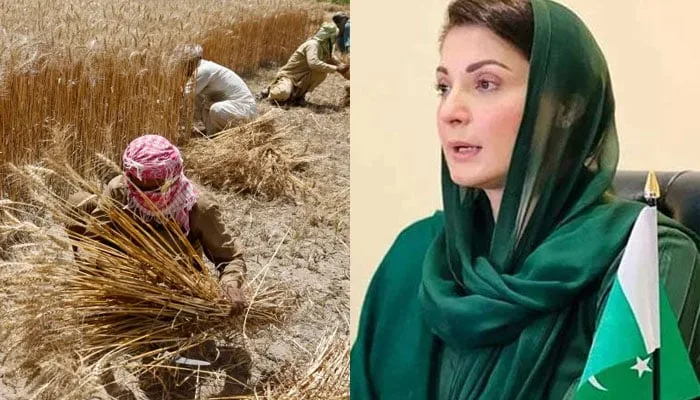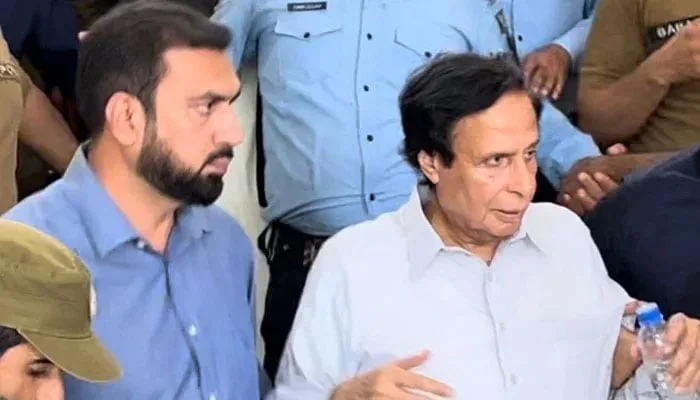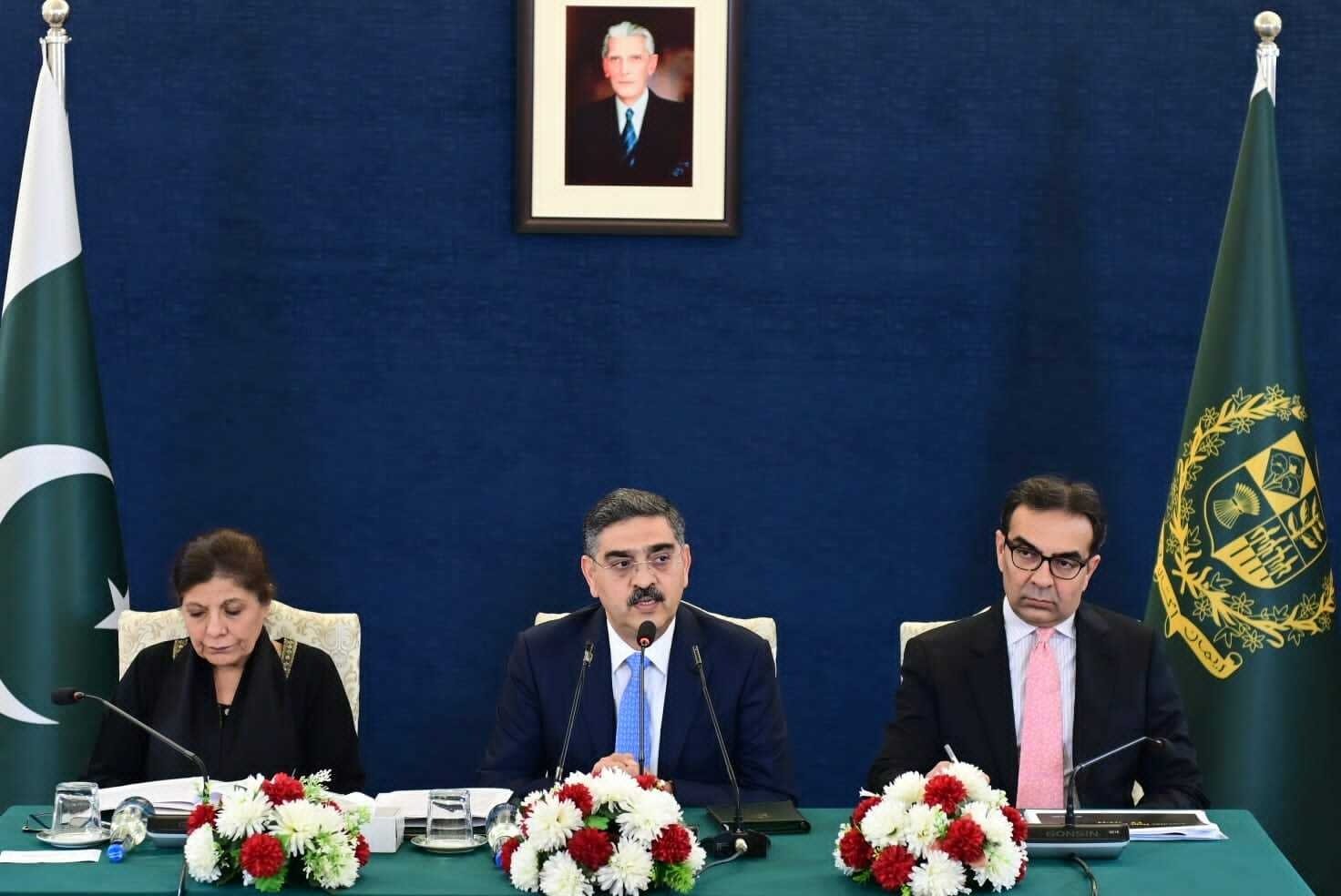In a significant move to support the agricultural sector, Chief Minister Punjab Maryam Nawaz has announced a direct subsidy program for farmers aimed at eliminating corruption in the purchase of wheat. This initiative is part of a broader effort to streamline agricultural practices and ensure that benefits reach the intended recipients without intermediary fraud.
Direct Subsidies to Farmers
During a meeting with members of the Assembly, Chief Minister Maryam Nawaz highlighted the persistent issues of scams in the wheat procurement process. “Historically, the purchase of wheat has been plagued by corruption,” she said. “To address this, we will now provide direct subsidies to farmers, ensuring transparency and efficiency in the process.”
The introduction of direct subsidies is expected to prevent corrupt practices by removing middlemen and making financial assistance more accessible to farmers. This method will help in delivering government support directly to those who need it most, thereby reducing the opportunities for fraudulent activities.
Launch of the Kisan Card Program
In an effort to further support the agricultural community, Chief Minister Maryam Nawaz announced the launch of a comprehensive Kisan Card program. This initiative aims to provide farmers with a range of benefits and services through a single card, simplifying their access to subsidies and other forms of assistance.
“A special helpline will be established for the registration of farmers in the Kisan Card program,” she explained. “This project is a major step towards modernizing agricultural support systems and making them more farmer-friendly.”
The Kisan Card will serve as a multipurpose tool, offering various services including direct subsidy disbursements, discounts on agricultural inputs, and access to financial and technical assistance. By integrating these services, the government aims to enhance the productivity and profitability of the farming sector.
Measures to Control Fertilizer Availability and Prices
In a related development, Maryam Nawaz addressed the critical issue of fertilizer availability during a separate meeting. She emphasized the importance of ensuring a steady supply of fertilizer at fair prices and warned against hoarding and smuggling activities that disrupt the market.
“I will not tolerate any negligence in stopping the hoarding and smuggling of fertilizer,” she stated firmly. This strong stance is intended to protect farmers from the adverse effects of illegal practices that lead to artificial shortages and inflated prices.
To enforce these measures, the government plans to implement a robust monitoring system that will track the distribution and sale of fertilizers. This system will involve close coordination with law enforcement agencies and local administrations to identify and act against offenders swiftly.
Separate System for Price Control
In addition to these initiatives, the Chief Minister announced the creation of a separate system for price control. This system will be designed to regulate the prices of essential agricultural inputs and outputs, ensuring that farmers receive fair compensation for their produce and do not face exploitation by market intermediaries.
By establishing a dedicated price control mechanism, the government aims to stabilize the agricultural market, protect farmers’ interests, and ensure food security for the broader population. This system will involve regular monitoring of market prices, prompt action against price manipulation, and transparent reporting practices.
The announcements made by Chief Minister Maryam Nawaz mark a proactive approach to addressing long-standing issues in Punjab’s agricultural sector. The introduction of direct subsidies for wheat procurement, the launch of the Kisan Card program, stringent measures against fertilizer hoarding, and the establishment of a separate price control system collectively aim to empower farmers and enhance the efficiency of agricultural support mechanisms.
These initiatives reflect the government’s commitment to modernizing agriculture, ensuring transparency, and supporting the farming community in a sustainable and impactful manner. As these measures are implemented, they are expected to bring significant improvements to the lives of farmers, contributing to the overall economic growth and stability of Punjab.



